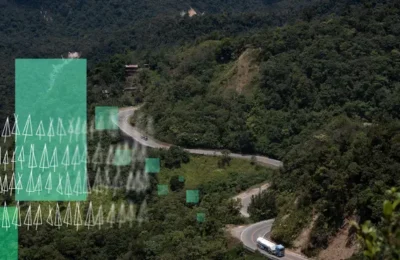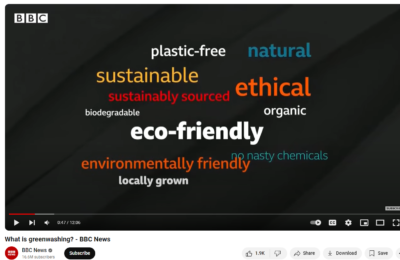From The London Economic.
Rich people have much higher carbon footprints and the share of global emissions they are responsible for is rising, researchers said.

Rich people have much higher carbon footprints and are responsible for an increasing share of emissions, researchers have revealed.
A new study found that, in 2010, the wealthiest 10 per cent of households were causing 34 per cent of the world’s carbon emissions, whilst the poorest 50 per cent were responsible for just 15 per cent.
By 2015, the most affluent 10 per cent were causing 49 per cent of emissions worldwide, whilst the less affluent half of the world’s population were only producing seven per cent.
Fastest way to achieve net zero carbon emissions
Aimee Ambrose, energy policy professor at Sheffield Hallam University and author of the study published in the Science Direct Journal, said reducing the carbon footprint of the world’s richest may be the fastest way to achieve net zero carbon emissions, according to The Guardian.
In the UK, the poorest half of the population is using less than 20 per cent of the energy demand – which amounts to a lower total than the richest five per cent. This is in part because, even where wealthier people have more energy-efficient homes, they are likely to have to heat bigger spaces, and use more electronics and gadgets.
Ambrose said the UK’s living crisis will probably prompt the on middle or low incomes to slash their carbon footprint through domestic holidays and less car trips to save on fuel costs – but those who consume the most will likely not feel the pressure to change their consumption behaviour.
She told the newspaper: “It is much easier for richer consumers to absorb these increases in costs without changing their behaviour.
“Unlike the less wealthy, the thermostat won’t be turned down and the idea of not jetting off on a long-haul flight to find some sun is out of the question.
“In many ways, the rich are being largely insulated from the spike in energy costs.
Addressing excessive personal consumption
“But addressing excessive personal consumption is something that isn’t on the agenda for the government and policymakers. This is bad news for the planet and our prospects of reaching net zero.”
She added: “Price mechanisms may force low-income households to cut back consumption to dangerous levels.
“Moreover, high consumption and large carbon footprints are spatially concentrated in high-income cities and suburbs – while their negative effects, such as air pollution, typically spill over into less affluent areas.”
Meanwhile, the government is facing increased preasure to fulfil a Brexit promise to cut VAT for energy bills made by prime minister Boris Johnson and levelling up minister Michael Gove ahead of the 2016 EU referendum.
But Greg Hands, who is a business and energy minister, argued a VAT cut would benefit UK people “disproportionately” when asked why the measure has not been adopted after Brexit as promised.
And Energy Secretary Kwasi Kwarteng claimed the reason why France has much lower energy price hikes is because it “scared investors”.




An article like this needs to address the question “who ARE the wealthiest 10%?” One way of answering this is to look at the Credit Suisse annual wealth reports. Answer: every adult with a net wealth – including housing – of around $100,000. These 10% of asults are about 550 million people, over 90 million in the USA, 100 million on China and around 25 million each in UK and Germany etc. In these countries (except possibly China), this extends well into the ranks of the better-off sections of the working class.
The article mentions that the poorest 50% of the UK population use only 20% of the energy demand. The corollary is that the better-off 50% use 80%. Of course, usage will be very unevenly distributed amongst this 50%, but even so the need for reductions in energy use is unlikely to affect only a small number of people.
The excessive consumption patterns foisted on a large section of the working class by the insatiable accumulation demands of the capitalist system poses political problems for how socialists confront climate change and ecological destruction. These patterns could well be one reason why the environmental movement has never mobilised large sections of the working class of the richer countries. The left needs to discuss how this problem can be overcome.